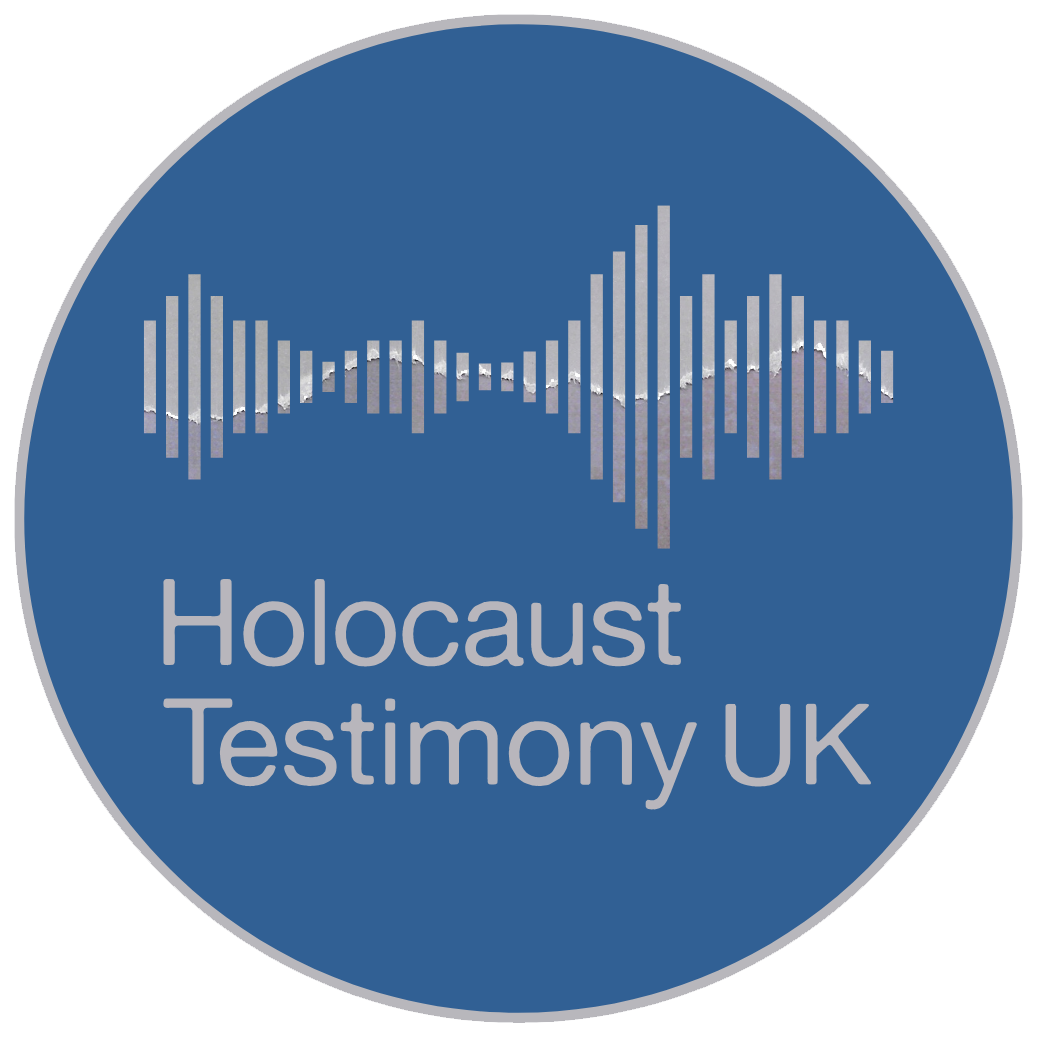External Links
Interview(s) below aren't available on our site but may be available online from partner sites. If not, please contact the partner archive directly to arrange access.

Interviewee Summary
Izak Wiesenfeld was born in Przeworsk, near Lvov, Poland. He was the second of 4 children. His father was a watchmaker and his mother’s father was a watchmaker and inventor. The family were very religious and his father belonged to the Kolschitze Chassidim. The small Jewish community in town were mainly religious Chassidim. They lived in a 2- room apartment in a house in a Jewish area and just made a living. Everything was used and nothing wasted. Shabbos was special because the best food was served then. They drew water from a well and had paraffin lights. Izak attended cheder in the Beis Hamedrash and the non-Jewish school but they were always set upon to and from school and in the end had to be let out 5 minutes early. Often they avoided school for fear of being attacked. They lived simple lives with few toys and little leisure. Most time was spent in the Beis Hamedrash. In 1939, the Germans invaded and immediately burnt down the Shule and a number of adjacent Jewish houses. Their house was burnt down with all their documents and possessions. They went to stay elsewhere but after a month they were told to leave town and to cross the new border into Russian occupied Poland. They rented 2 rooms and his father tried to make a living with his watch repairing. He did not attend school but there was a Jewish community there. In 1940 the Russians demanded that they become Russian citizens. When they refused the family were put on cattle trucks to Siberia. After a 4- week journey they arrived in Novosibirsk where they were put into barracks. Izaks’s father died there. Izak had to work in the forest cutting trees and filling in swamps. He caught malaria but recovered with quinine. His mother, brother and sisters did not have to work. He lived on berries and mushrooms and they got very small rations. When Germany attacked Russia, the Polish citizens were given the opportunity to return. They opted to go to Uzbekistan which was near Iran, with the hope they might escape. They went in trains to Djuma and then went to a Kolchos (a collective farm) which was growing cotton wool, where Izak had to work. His older sister went elsewhere to work. There was little food. In 1942 his mother died and they were orphaned. They were put in an orphanage run by a Polish woman and were there until 1945. They received no lessons and did little but they received food. In providing age details they reduced their ages by 4 years since they had no documents and so Izak was 11 when he was really 15. Life was very primitive. His older sister married another refugee. In 1945 at the end of the War they were taken back to German occupied Poland and met by secular Zionists. They were taken to a kibbutz and were there a short while before their Uncle Yaacov found them. He took them out of the kibbutz and put the boys into Yeshiva Vaad Hatzolla in Katowice. His sister looked after the home. In 1947, Dr Schonfeld came over and took a group of them to England, including the 3 of them they came to London where Izak and Chaim attended the Etz Chaim Yeshiva. Izak attended for 3 years. He also acted as a Chazan on the High Hoy Days at a Shul in Jubilee Street and then afterward on Shabbos. He went to evening classes to learn English. After Yeshivah he got a job with London Board of Shechita, working in the Office and he started to teach in a cheder in Woolwich, where he became the headmaster. He met his wife Henrietta Goldfischer and married in December 1952.

Testimonies
25 October 2006
Institution
External Link
External Link
External Link


INTERVIEWEE:
Izak W.
Born:
1924
Place of birth:
Przeworsk

Photos
Caption
Institution
External Link
External Link
External Link

Caption
Institution
External Link
External Link
External Link

Caption
Institution
External Link
External Link
External Link

Maps
Place of Birth
Przeworsk
Place of Interview
Location
Recorded Talks
Place of Birth
Przeworsk
"The whole reason that we have this interview is to let future generations know what kind of life of we had so they should have a better life, not have to suffer through all the traumas we had to suffer. As time goes on the memory of those days and the importance of it will dim, and this programme will help keep it in people's minds and hopefully let future generations have a better life. It should be a better world."
- Arnold Weinberg, AJR Refugee Voices Testimony Archive.
"The distribution of life chances in this world is often a very random bus"
- Peter Pultzer.

Experiences:
Tag
Tag


